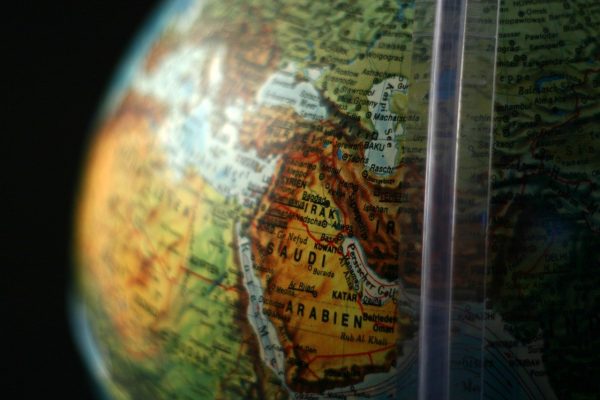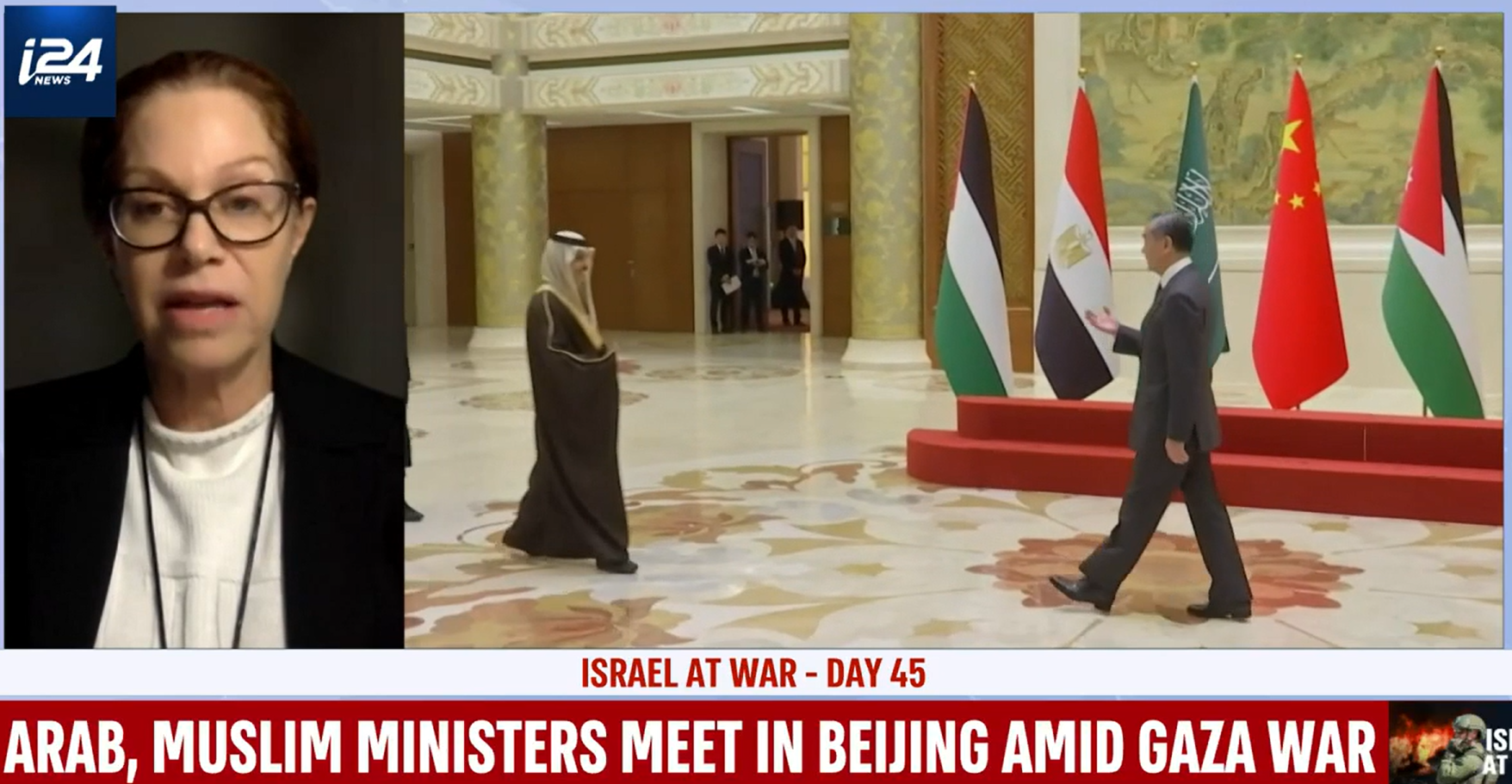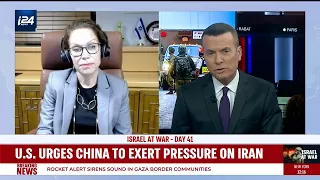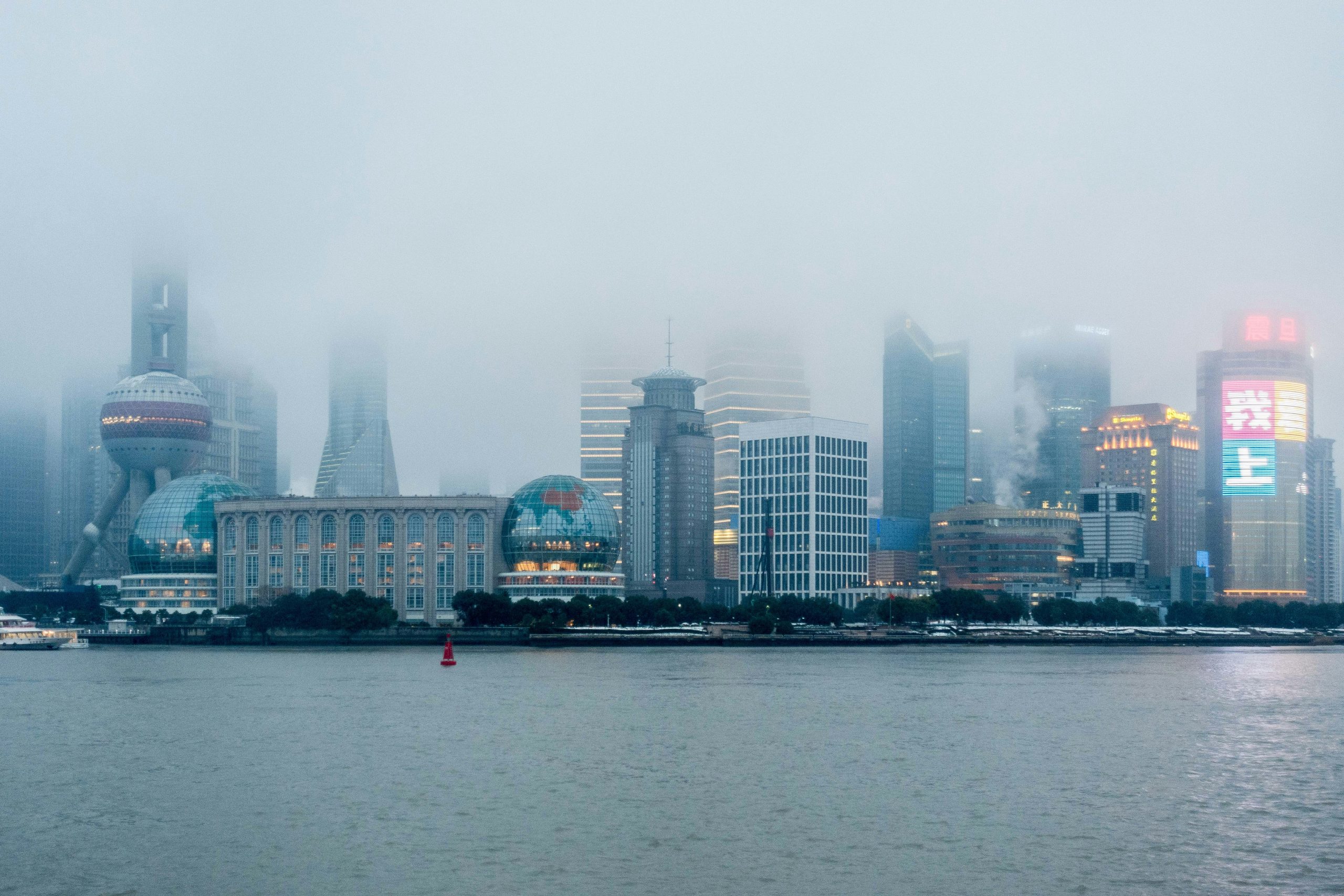
8th Annual Conference on Israel's China Policy
Join us for SIGNAL Group’s 8th Annual #PolicyConference on May 23rd.
You’re invited to register for our event, available for both in-person and virtual attendance. Reach out to us for registration details and to secure your spot.
About
The Global Israel Initiative (GII) is SIGNAL Group’s new strategic initiative to advance Israel as a middle power. GII’s purpose is to strengthen Israel’s position vis-à-vis China and amid the U.S.-China great power rivalry. Therefore, its priority is the evolving Indo-Pacific arena.
SIGNAL Group is a think tank that empowers Israel to address China’s rise on the world stage. A hub for capacity building and policy entrepreneurship, SIGNAL Group and its global network are a resource for Israel’s policy community regarding Chinese statecraft, China in the Middle East, and the US-China rivalry.
On Air
SIGNAL Group on i24 News
Research
Publications
This applied research inquiry sets out to shed light on the interests driving China’s global conflict mediation efforts as well as the principles and practices employed by Beijing to resolve violent conflicts. The study serves to create a framework to interpret China’s mediation dynamics and strategic priorities, generating actionable knowledge for Israeli policymakers that contextualizes Beijing’s proposal to mediate the Israeli-Palestinian conflict within its global strategy.

When Excellence is a Necessity: Bilahari Kausikan on the Singapore-Israel Connection
When Singapore found itself independent in 1965, it was very poor and without any natural resources, but today it is a multi-cultural, free market city-state and global economic powerhouse. Kausikan opens the discussion by returning to 1965 and recalling how Israel provided military aid to Singapore when everyone else refused: “I don’t know why Israel agreed to assist us… but we are profoundly grateful for the central role that Israel played in establishing our armed forces.”

Middle Eastern Countries Are Rebalancing Relations With the US and China
Gulf states aren’t choosing China over the U.S., but rather weaning themselves away from overdependence on Washington by engaging with a variety of other partners.
A recent flurry of Chinese diplomatic initiatives in the Middle East seems to be drawing countries closer to Beijing’s orbit while chipping away at the United States regional influence. Some analysts have gone as far as to suggest that a “Pax Sinica” is emerging in the region. But Middle Eastern countries are not necessarily viewing these developments in such binary terms…









